
Diabetic retinopathy is a disease of the part of the eye called the retina caused by heightened level of blood sugar (glucose). The retina lines the back of the human eye and the nerves located here are those which actually receive pictures and then send them to the brain.
Patients who do not treat their high blood sugar or do that poorly are exposed to high risk of developing diabetic retinopathy after some time. High level of glucose in the blood is proven to damage blood vessel throughout the body, causing many health problems, such as eye (retinal) damage, but also medical problems with the functioning of nerves or the kidneys. High blood pressure is also not beneficial for retinopathy, and diabetic patients who already have weak or damaged blood vessels in the eye may experience further worsening of the vision.
What are Symptoms of Diabetic Retinopathy?
Retinopathy does not cause any symptoms until it gets very severe and damages vision. Once there is some vision damage, doctors know the problem is serious. Most patients have been developing this eye problem for years. Their blood vessels became weak at first and then started to leak fluids and/or blood into the retina, causing poor vision or even blindness. Other complications include formation of abnormal blood vessels on the retina and retinal detachment, as well as macular edema (swelling of the macula of the eye).
Every diabetic patient is, therefore, advised to get an annual checkup of his or her eyes, because doctors can notice early changes in the retina and prevent retinopathy and loss of vision. Those who are not at risk to develop this condition can perform eye checkups every two or three years, according to their doctors’ recommendations.
If you wonder what symptoms might appear in people suffering from retinopathy, these include vision blurriness, floaters or painful sensation in one or both eyes. Also, if there is any new vision loss, always inform your doctor and ask for his or her help.
How to Manage Diabetic Retinopathy?
Prevention of diabetic retinopathy includes proper management of optimal blood sugar levels. Also these patients should keep a close eye to their cholesterol level and blood pressure and keep those in normal ranges.
Treatment may not be necessary for every single patient diagnosed with diabetic retinopathy, but only for people who experience poor vision. However, even without the treatment you will have to check your eyes regularly.
Currently, three major treatments for diabetic retinopathy include laser surgery, vitrectomy and injections of a drug called Triamcinolone into the eye. These cannot cure this disease but can prevent any future loss of vision and they are proven helpful in some 90% of all diabetic retinopathy cases.


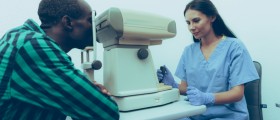

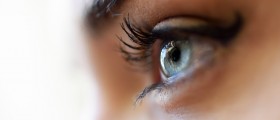

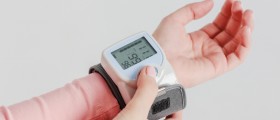



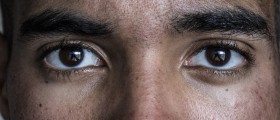
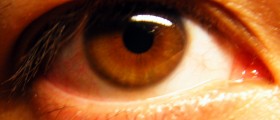
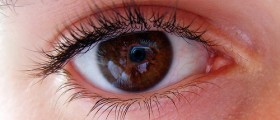




Your thoughts on this
Loading...